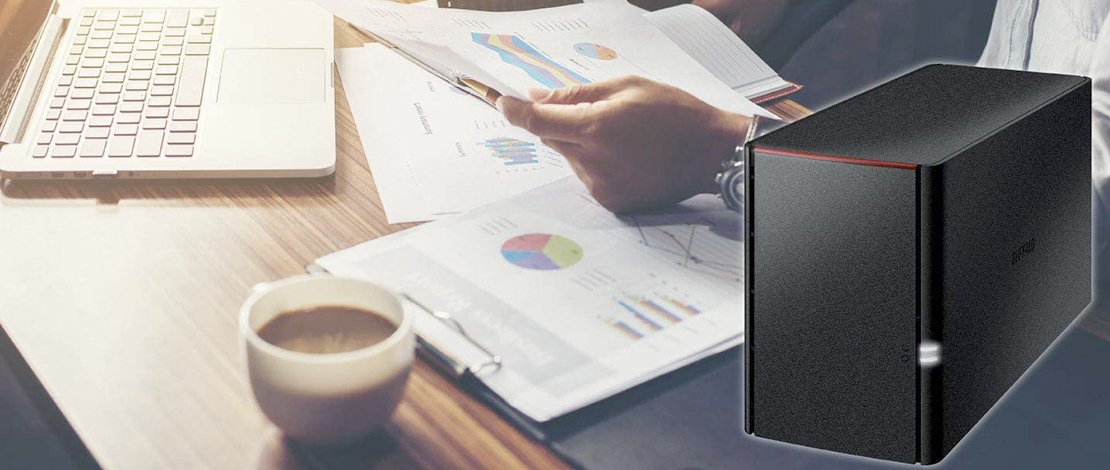

If you’re new to the homelab world or have no experience building PCs, I recommend that you don’t build your own NAS. It can serve as a practice environment for new professional skills, or it can just be a place to play with interesting technology. “Homelab” is a colloquial term that’s grown in popularity in the last few years.Ī homelab is a place in your home where you can experiment with IT hardware or software that you’d typically find in an office or data center. I still buy physical DVDs or Blu-Rays for anything I might watch a second time. Between the raw ISO copy and the streamable MP4s, a single disc can occupy 60 GB of disk space. As soon as I get a new disc, I rip the raw image and make a streamable video file. I don’t like relying on streaming services to keep my favorite content available, so I still buy physical copies of movies and TV shows. The biggest data source is my DVD and Blu-Ray collection. I’m a data hoarder, so I keep every digital photo I’ve ever taken, every email I’ve sent or received in the last 20 years, and source code for all of my personal projects. A dedicated storage server eliminates most data migrations and facilitates sharing files between my systems. I upgrade my main workstation and laptop every two to three years, and migrating my data between computers was always a pain. I find it helpful to decouple data storage from my other systems. So, why have a whole dedicated server for data? After all, every computer stores data. A NAS server’s primary job is storing data and making it available to other computers on your network. Background 🔗︎ Why build a NAS server? 🔗︎


 0 kommentar(er)
0 kommentar(er)
